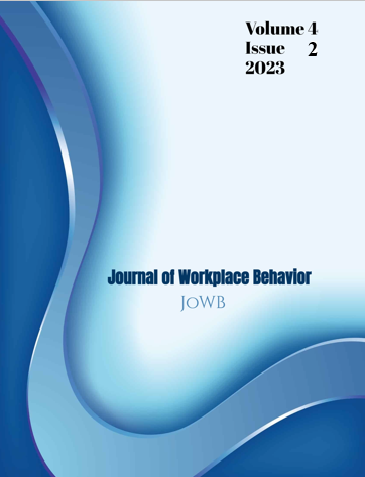Impact of Work-Family Conflict on Deviant Workplace Behaviors in Telecom Sector Organizations of Pakistan: Moderating Role of Islamic Work Ethics Work-Family Conflict, Deviant Behaviors and Islamic Work Ethics
Main Article Content
Abstract
The challenges of the information era and accessibility have reshaped the organizational environments and work dynamics. The issues originating from complex corporate cultures directly affect employees and their families and cause undesired behaviors at work by employees. To mitigate the instances of these behaviors, there is a need to understand the psychological condition of the employees involved in such undesired behaviors. The study focuses on the effect of work-family conflicts on deviant workplace behaviors by exploring the moderating role of Islamic work ethics. Data of 350 operational managers from four government and 26 private telecom organizations selected randomly in Pakistan was collected using a convenience sampling technique. The respondents were required to fill in the online questionnaire. The results indicate that work-family conflicts are positively and significantly related to deviant workplace behaviors and Islamic work ethics moderates this relationship. The introduction and implementation of Islamic work ethics can help in creating a progressive, cordial work environment and a system having better output in terms of performance, reliability and ownness. A “CIRCLE” approach (C - Code of Conduct & Clear Communication, I - Incentives and Accountability, R - Reinforcement and Review, C - Cautious Hiring Process, L- Leadership Commitment/ Top to Bottom Approach, E - Ethical Training Regime) is recommended for the organizations to attain an exponentially evolving and improving organizational workplace environment.

